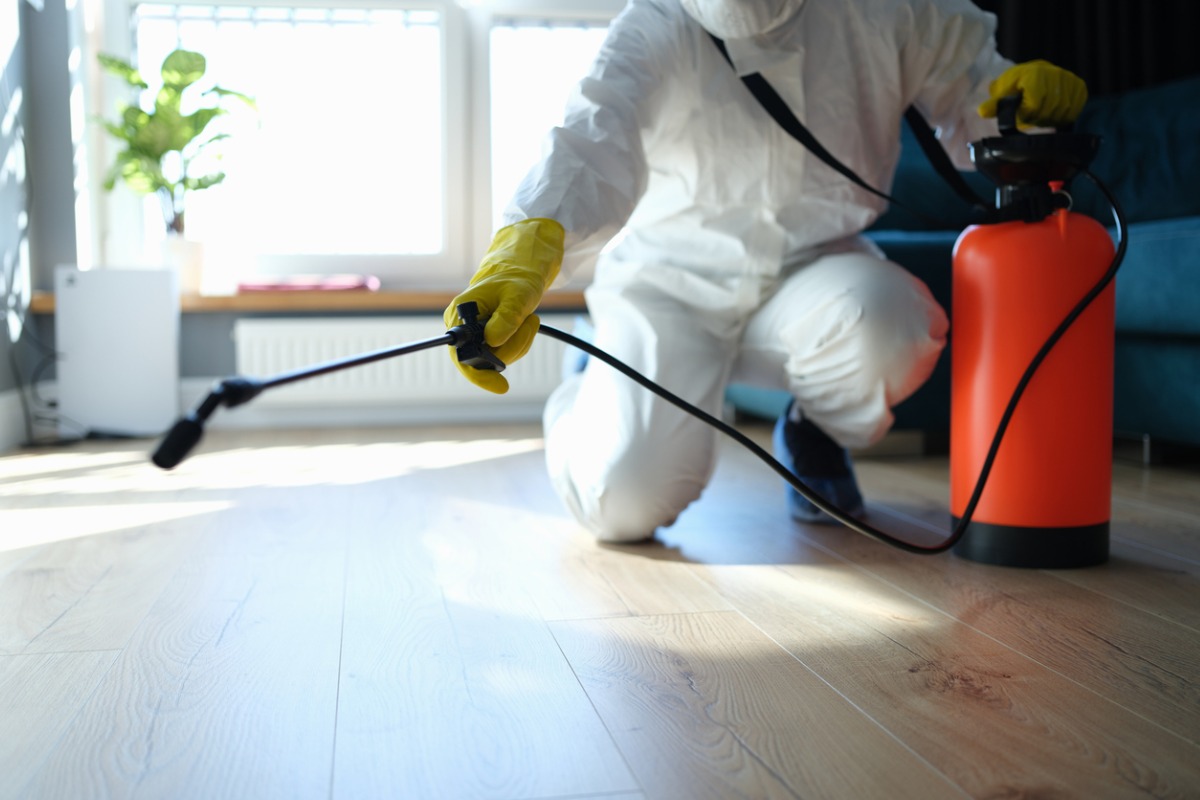The first step in effective residential pest control is a thorough inspection. Pest control professionals assess your property, identifying existing pest issues and potential risk factors. This assessment serves as the foundation for developing a customized pest control plan that addresses the unique needs of your home. If you're experiencing issues with pests in your home, you can visit this website.

Image source: Google
Integrated Pest Management (IPM)
Integrated Pest Management (IPM) is a holistic approach that combines preventive measures, monitoring, and targeted interventions. By employing a combination of biological, cultural, and chemical controls, IPM minimizes the use of pesticides while effectively managing pest populations. This sustainable and eco-friendly strategy aligns with modern residential pest control practices.
Regular Monitoring and Maintenance
Pest control isn't a one-time event it requires ongoing monitoring and maintenance. Regular check-ups by pest control professionals help ensure that your home remains pest-free. This proactive approach allows for early detection of potential issues, preventing infestations and minimizing the need for extensive treatments.
In conclusion, residential pest control is an essential component of maintaining a safe, healthy, and comfortable home environment. Beyond the immediate goal of eliminating pests, it encompasses preventive measures, personalized strategies, and ongoing maintenance to create pest-free zones. By investing in comprehensive pest control practices, homeowners not only protect their property from structural damage but also prioritize the well-being of their families.